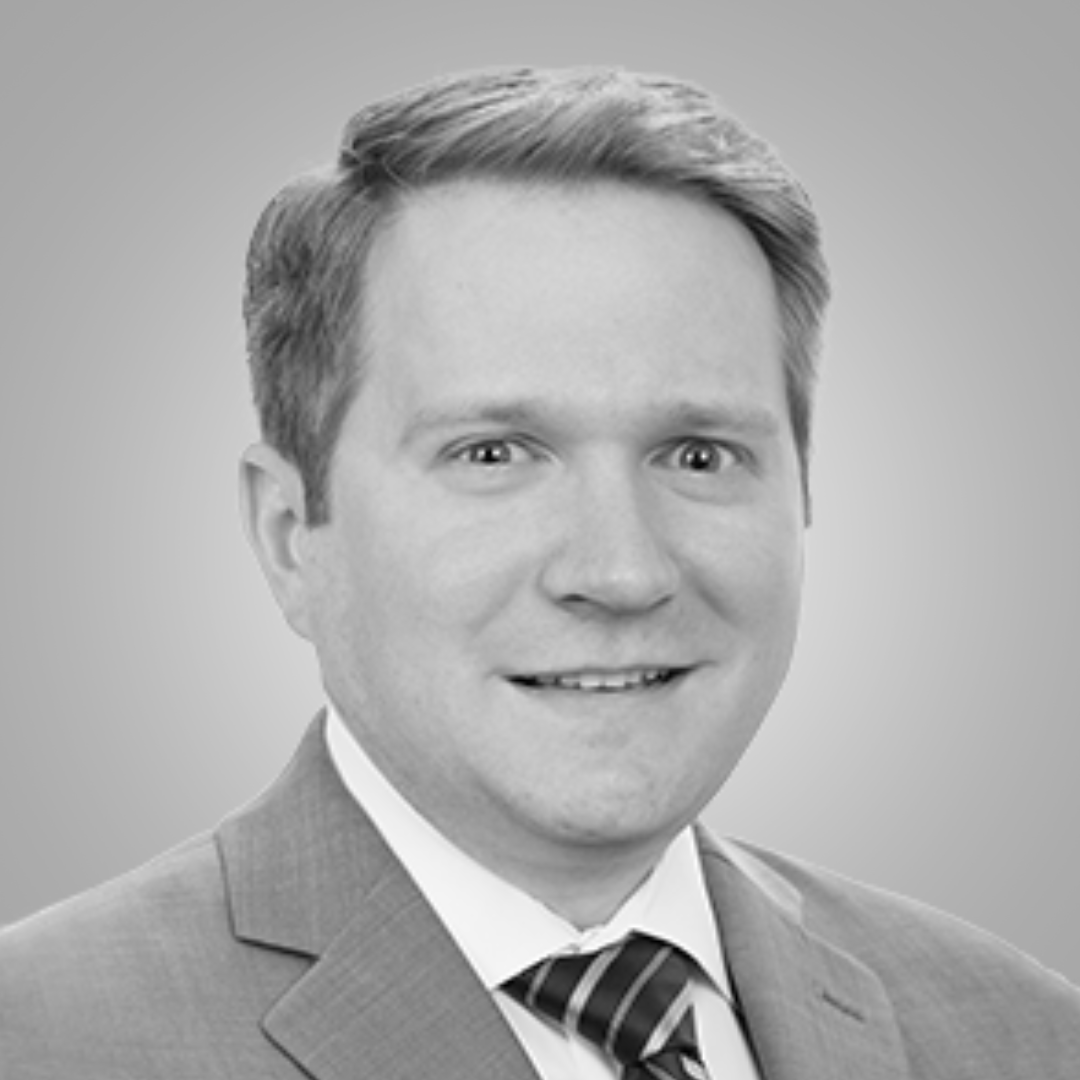Y-ADR Spotlight Series – Interview Questions with Denton Nichols

Denton Nichols
International Arbitration & Litigation Attorney at Norton Rose Fulbright in Houston
1. What inspired you to steer your career toward ADR, and what steps did you take to make it to where you are today?
I spent my first couple of years of private practice in another law firm where I was fortunate to try a variety of disputes work. Although I liked something about nearly everything I tried, I enjoyed my arbitration cases the most, largely because of the practical mindset and approach I saw embodied in the arbitration process. When I heard about the opportunity to work in a dedicated arbitration practice at Norton Rose Fulbright, I jumped at the chance. I’ve since made arbitration and ADR the focus of my career.
2. What is an issue that you see within the field of ADR and how can that issue be combated?
Arbitration, when it works like it is supposed to, can be an exceptionally efficient and economical means of dispute resolution. Unfortunately, in practice, it can also be just as expensive as conventional litigation in court. While parties and their counsel share often in the blame for this, I think arbitrators can and should do much more to rein in costs and inefficiencies in a proactive way. For instance, thoughtful limitations on the length of submissions, careful constraints on the number and breadth of document disclosures, and early resolution of dispositive issues can go a long way to controlling cost.
3. What personal characteristics are most beneficial to you in your career?
Psychology has developed the “theory of mind” concept to describe the ability to replicate the thoughts, motivations, and emotions of others in one’s own mind. Having a well-tuned theory of mind has helped me navigate the diverse settings where it is essential to understand where someone else is coming from. What does the other side need in order to resolve the dispute? How will the witness answer my next question? What will the arbitrators think of this argument? Letting go of one’s own mindset in order to inhabit someone else’s is hard to do, but it is the key to being an effective advocate.
4. What ADR process do you believe is most effective?
Mediation is an underestimated tool in the ADR toolbelt. I have seen thorny disputes resolved in mediation that I never thought could be resolved consensually by the parties. The biggest factor determining the success of mediation is whether the mediator has done the work to understand the case, to appreciate the perspectives of the parties, and to figure out what each side needs to know or to hear. Often, the resolution does not have to be a dollar amount. I’ve seen cases resolved by amending the parties’ contract, giving discounts on future business, and other creative solutions.
5. What is one piece of advice you would give to somebody who wanted to pursue a career in ADR?
ADR professionals are a community, which means to be an ADR profession you need to be a part of this community. Participation in ADR organizations, conferences, and meetings is the best way to know your fellow neutrals, institutions, and counsellors, and for them to get to know you. Also, strive to treat everyone you interact with respectfully and fairly in your practice, as you are bound to run into people in this community over and over again.
6. What do you find to be a beneficial aspect of CPR?
In my view, CPR is unique because its leadership, energy, and mission come predominantly from frequent users of ADR. CPR’s focus on users brings a much needed dose of real-world pragmatism to its initiatives and programming, as well as to its Dispute Resolution Services.
7. (Fun one!) Describe your perfect Friday night in 5 words or less.
Spending time with my baby! I’m a new father as of March 2024, and it is the best thing I’ve ever done with my life.
